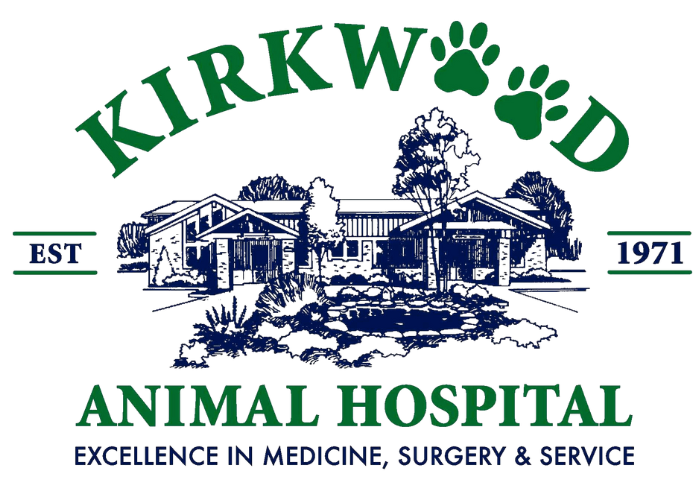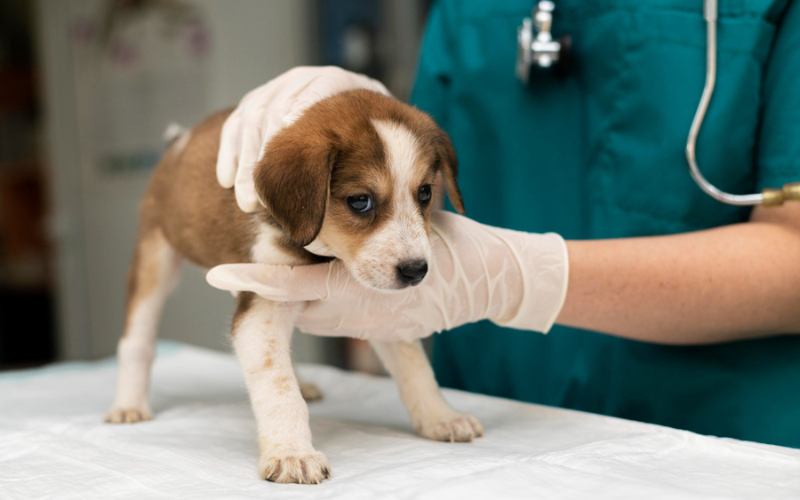Frequently Asked Questions
What is a laser?
A laser is a device that generates an intense beam of light at a specific wavelength.
Are lasers new?
Laser technology has been helping medical doctors deliver care to people for more than 20 years. The technology is well-proven and well-regarded and is now being adopted into veterinary medicine.
Why laser surgery?
- Less pain – The CO2 laser seals nerve endings as it “cuts”, so your pet may require less anesthesia during the operation, reducing the risk of complications. Pain after surgery is also reduced.
- Less bleeding – The laser seals small blood vessels during surgery.
- Less swelling – Laser energy does not crush, tear, or bruise tissue because there is no physical contact with the tissue.
How does a laser work?
The way a laser works is determined by the particular wavelength of light the laser produces. For example, the most commonly used surgical laser in the world, the carbon dioxide (CO2) laser, produces an invisible infrared beam of light. The wavelength of the CO2 laser beam is selectively absorbed into the water found in the skin and other soft tissue, vaporizing the cells. However, the surgeon can control the extent to which it is absorbed into surrounding tissue, allowing extreme surgical precision.
What types of procedures can a laser perform?
A laser is ideal for a wide variety of procedures for dogs and cats. Some of these include the removal of cysts, tumors, and warts, as well as specialized internal procedures.
What does this mean for my pet?
- Reduced risk of infection – The CO2 laser sterilizes as it removes diseased tissue, killing bacteria that cause infection.
- Precision – The laser can remove unhealthy tissue without affecting or removing surrounding healthy tissue.
- Quick return to normal activities – Healing is rapid, and there is less postoperative discomfort. Laser procedures can provide reduced trauma and less invasive surgeries for pets, improve recovery time, shorten the time spent in the veterinary hospital, and return pets to their home environment sooner.
Veterinary Services in Kirkwood, MO
Pet Laboratory Testing
Pet Ultrasound
Pet Therapeutic Laser Treatment
Pet Cryosurgery
Pet Radiology
Pet Endoscopy
Pet Advanced Medicine
Pet Urinalysis Machine

